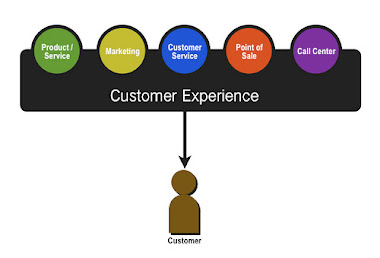Measurement
The measurement discipline is a set of practices that let organizations quantify customer experience quality in a consistent manner across the enterprise and deliver actionable insights to employees and partners. This is how you put customer-experience metrics on par with traditional-business metrics, such as sales and profitability.
The customer experience team at technology giant EMC has a sophisticated measurement framework. It first identifies the aspects of the customer experience that drive the most loyalty, like ease of doing business. It then prioritizes those drivers based on customers' satisfaction with each driver and the impact of each driver on the overall experience. That tells EMC which things to fix immediately, which to improve over time, which to maintain at current levels, and which to promote as strengths.
Governance
The customer experience governance discipline is a set of practices that help organizations manage customer experience in a proactive and disciplined way. If your customer experience strategy is your game plan, then the governance discipline supplies your referees and your rule book. It does this through a mix of assigning responsibilities and changing business processes.
The governance practice is essential because it holds people accountable for their role in the customer experience ecosystem and helps keep bad experiences from getting out the door. It also gives a boost to initiatives that improve customer experience.
Processes help force customer experience concerns into the mix when making day-to-day business decisions. For example, Canada Post requires all funding requests from any department to answer 10 customer-focused questions in the business case. This ensures that all leaders think not just about how their projects will affect the bottom line, but also about how they'll impact the customer experience.
Culture
The culture discipline consists of practices that create a system of shared values and behaviors that focus employees on delivering a great customer experience. You might think of it as the way you shape what your employees do when you're not in the room.
The culture discipline is perhaps the most powerful of all the disciplines because it embeds practices from the other five disciplines into employee DNA. Companies like Disney, Zappos, Southwest Airlines, Ritz-Carlton, and FedEx all point to their customer-centric cultures as key to their success. That's because this discipline turns customer experience excellence into a habit and makes future change easier by creating an ecosystem that's receptive to customer experience improvement efforts.
It's Commitment Time
This is the age of the customer. You're not going to succeed through manufacturing strength, distribution power, or information mastery--those have all been commoditized. If you want to succeed, you have to roll up your sleeves and do the work of building competence in these six disciplines. That may scare you. But what should scare you more is the thought of becoming irrelevant to your customers, which is what will happen if you don't take action.

No comments:
Post a Comment